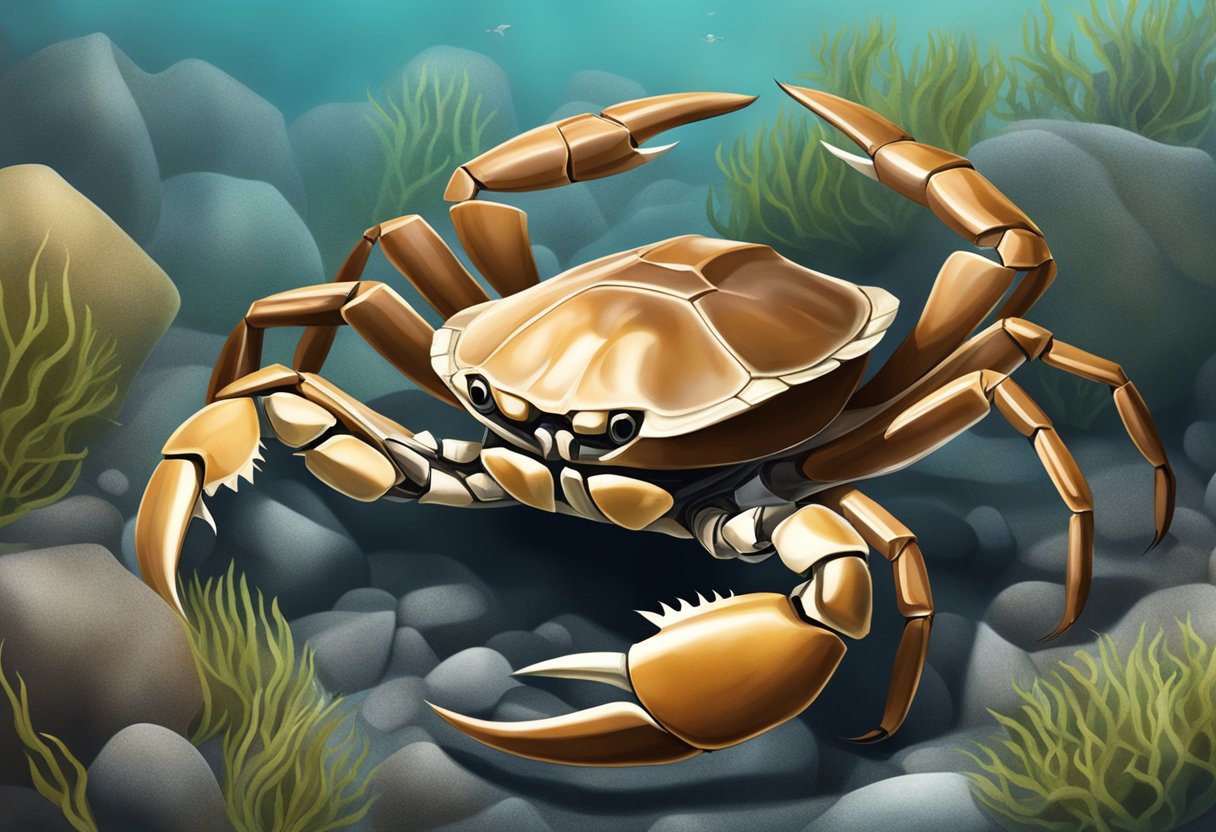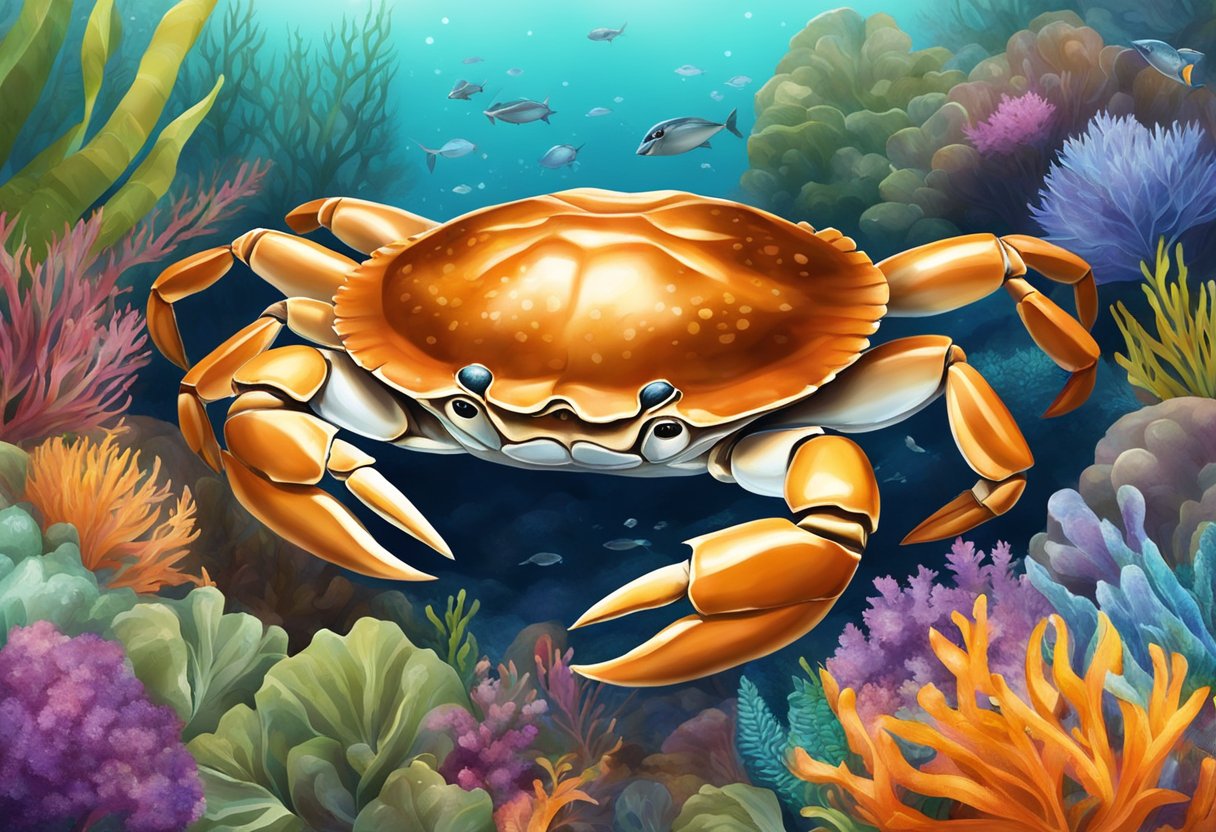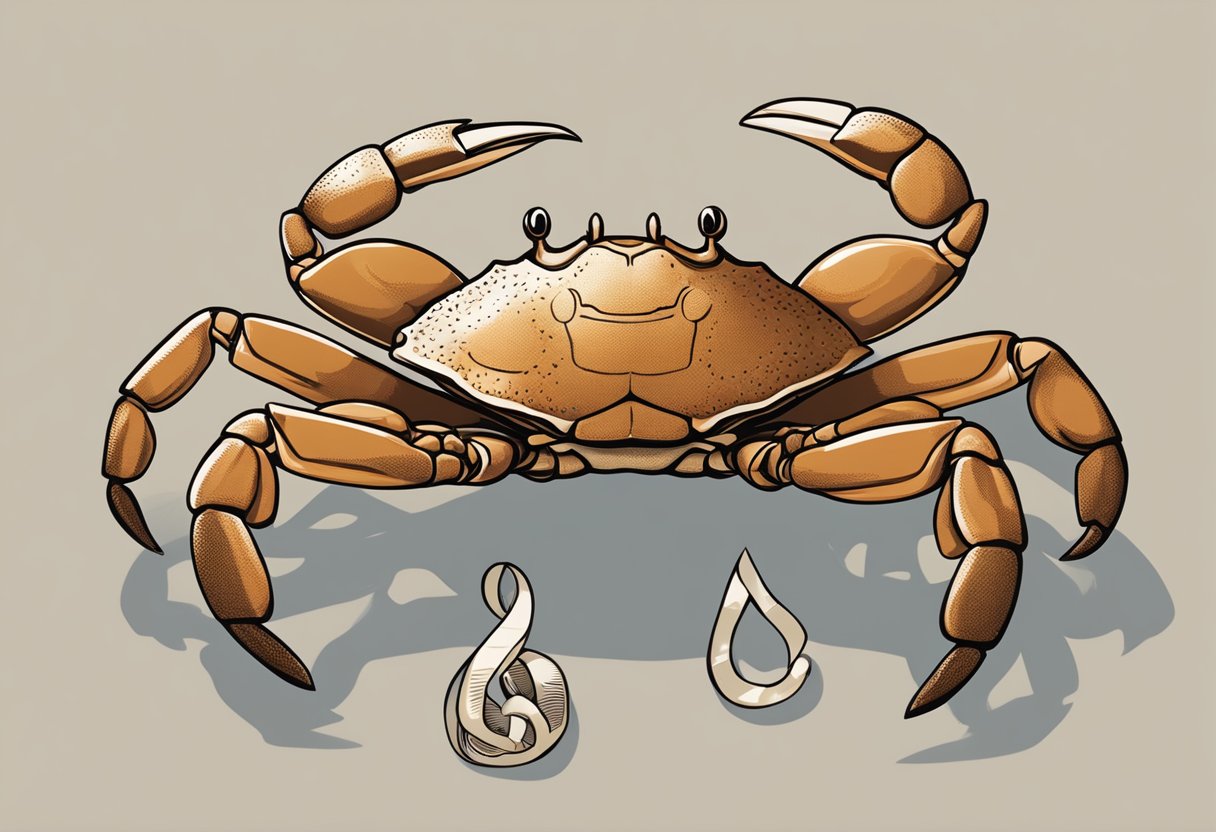Brown crab is a popular seafood delicacy that is enjoyed across the world. This crustacean is known for its sweet, succulent meat that is used in a variety of dishes, from crab cakes to pasta. If you're a seafood lover, then you've probably tasted brown crab at some point in your life. But do you know everything there is to know about this fascinating creature?
In this article, we will take a closer look at brown crab, exploring its biology, conservation status, and culinary uses. We will answer some of the most frequently asked questions about this species and provide you with a comprehensive overview of everything you need to know. Whether you're a chef looking to experiment with new ingredients or a seafood enthusiast curious about the world of brown crab, this article is for you.
Key Takeaways
- Brown crab is a popular seafood delicacy known for its sweet, succulent meat.
- This article provides a comprehensive overview of brown crab, including its biology, conservation status, and culinary uses.
- Whether you're a chef or a seafood enthusiast, this article is a must-read for anyone interested in learning more about this fascinating species.
Biology and Species Overview

Brown crabs, also known as Cancer pagurus, are a species of crab found in the North Sea, Norwegian brown crab, North Atlantic, and possibly in the Mediterranean Sea. They are a moderately important crab species and are generally caught with traps and as bycatch in trawl fisheries. Total catch of this crab was reported as 41,337 tonnes in 1999.
Anatomy and Identification
Brown crabs have a hard exoskeleton, or shell, which protects their body. They are easily identifiable by their brownish-red carapace and large claws, which are used for defense and catching prey. Male crabs have a narrow, triangular abdomen, while females have a broad, rounded abdomen. Female crabs can also be identified by the presence of a "berried" mass of eggs under their abdomen.
Lifecycle and Reproduction
Brown crabs reach maturity at around 6-7 years of age, with females typically maturing slightly earlier than males. Female crabs can produce up to 3 million eggs per year, which are carried under their abdomen until they hatch into larvae. The larvae then develop into juvenile crabs, which eventually reach adulthood.
Habitat and Distribution
Brown crabs are benthic and live on a broad range of environments, ranging from soft muds into which they can hide or dig for food, to hard, rocky substrata where they exploit and seek shelter in crevices. They are commonly found in the British Isles, Europe, North Sea, Norwegian brown crab, North Atlantic, and possibly in the Mediterranean Sea. They are typically found in the intertidal zone, but can also be found in deeper water. Brown crabs can be found in a variety of substrates, including sand, rock, and gravel.
Conservation and Cuisine

Fishing Practices and Sustainability
Brown crabs, also known as edible crabs, are one of the most commonly caught crab species in the world, and the largest crab fishery is found in the United Kingdom and Ireland. However, overfishing and by-catch have led to a decline in their population in recent years. As a result, there are now regulations in place to protect the species and ensure that they are fished sustainably.
In the UK, brown crabs are primarily caught using crab pots or traps. These are baited with fish heads and lowered to the seabed, where they are left for several hours before being retrieved. By using these methods, fishermen can target specific areas and avoid catching other species. However, there is still a risk of by-catch, which can include other species of crab, as well as other crustaceans.
Culinary Uses and Nutrition
Brown crab meat is often used in seafood recipes, and is prized for its rich, sweet flavour. The meat is divided into two types: white meat and brown meat. The white meat is found in the claws and legs, and has a sweet, delicate flavour. The brown meat is found in the body and is richer and more flavourful.
Brown crab meat is a good source of protein and is rich in vitamin B12 and selenium. It is also low in fat and calories, making it a healthy choice for those watching their weight. Brown crab meat can be used in a variety of dishes, including salads, sandwiches, mayonnaise, pasta, and pie crust.
When buying brown crab meat, look for fresh or frozen options. Fresh brown crab meat is available in the UK from autumn to early spring, while frozen brown crab meat is available year-round. When cooking brown crab meat, be sure to remove any shell or cartilage before eating.
In conclusion, brown crabs are a delicious and nutritious seafood option, but it's important to ensure that they are fished sustainably. By following regulations and choosing sustainable fishing practices, we can help protect this important species for future generations to enjoy.
Frequently Asked Questions

How much does a brown crab typically cost?
The price of a brown crab can vary depending on where you buy it from and its size. Generally, you can expect to pay around £5-£10 per crab. However, it's always best to check with your local fishmonger or supermarket for their current prices.
Can you suggest a simple recipe for preparing brown crab?
One simple way to prepare brown crab is to cook it in boiling salted water for around 15 minutes. Once cooked, leave it to cool before removing the meat from the shell. You can then use the meat to make a delicious crab salad or sandwich.
What's the average size of a brown crab?
Brown crabs can vary in size, but the average size is around 20cm from claw to claw. However, some crabs can grow up to 25cm in size.
Where can I find brown crab for sale nearby?
You can usually find brown crab for sale at your local fishmonger or supermarket. Alternatively, you can also search for a seafood market or online fishmonger that sells brown crab.
What's the difference in flavour between brown crab meat and white?
Brown crab meat has a stronger and more distinctive flavour compared to white crab meat. It also has a slightly firmer texture and a darker colour. White crab meat, on the other hand, has a milder flavour and a softer texture.
What are some common names for brown crabs?
Brown crabs are also known as edible crabs or Cancer pagurus. They are a species of crustacean that are native to the North Atlantic Ocean and the North Sea.

